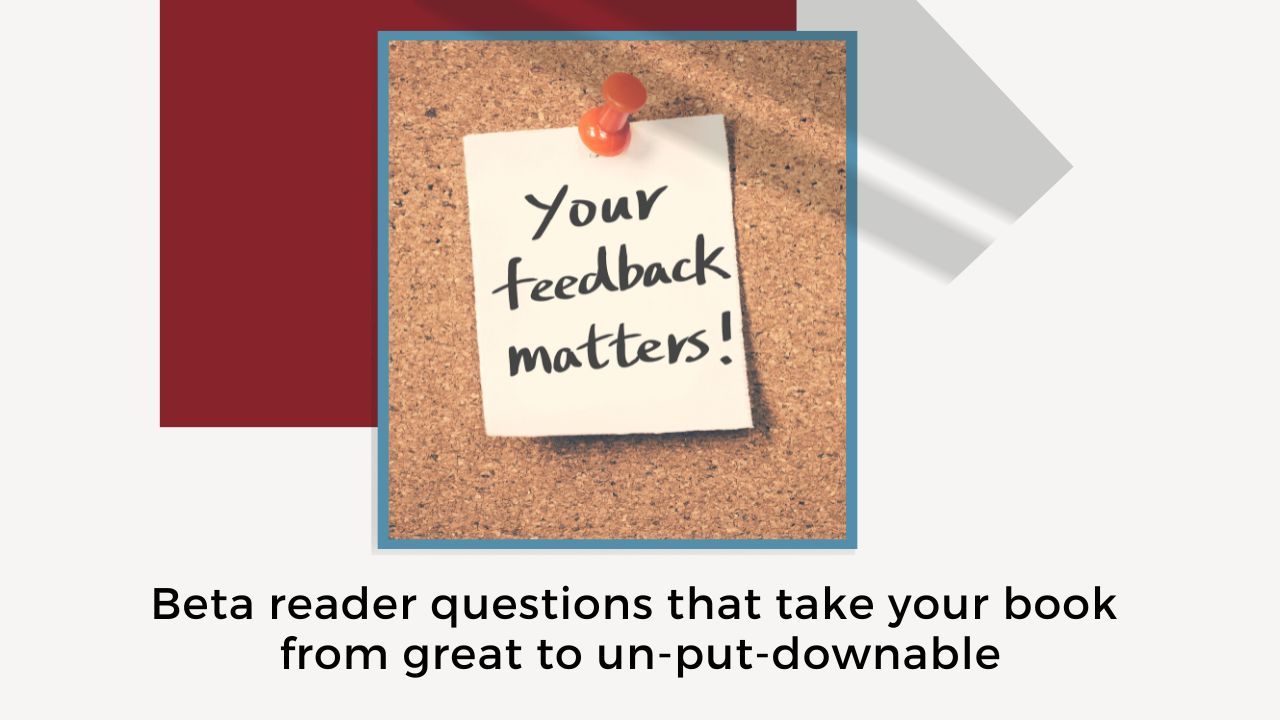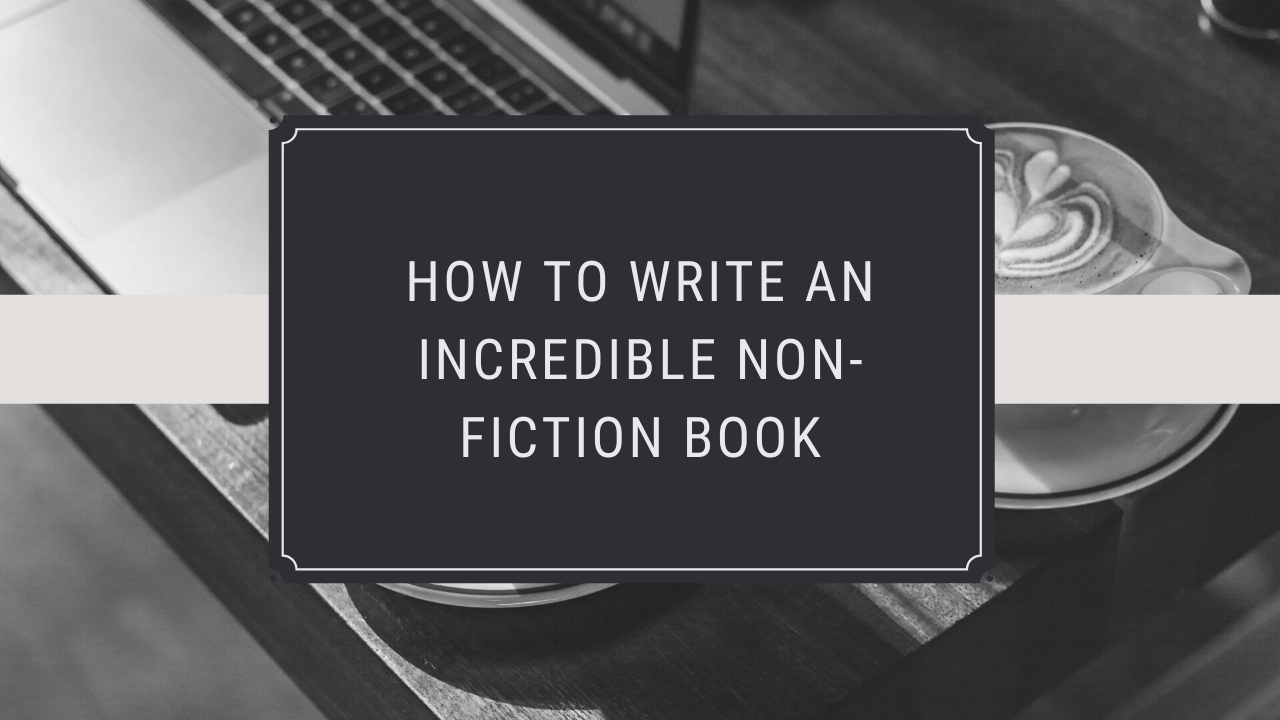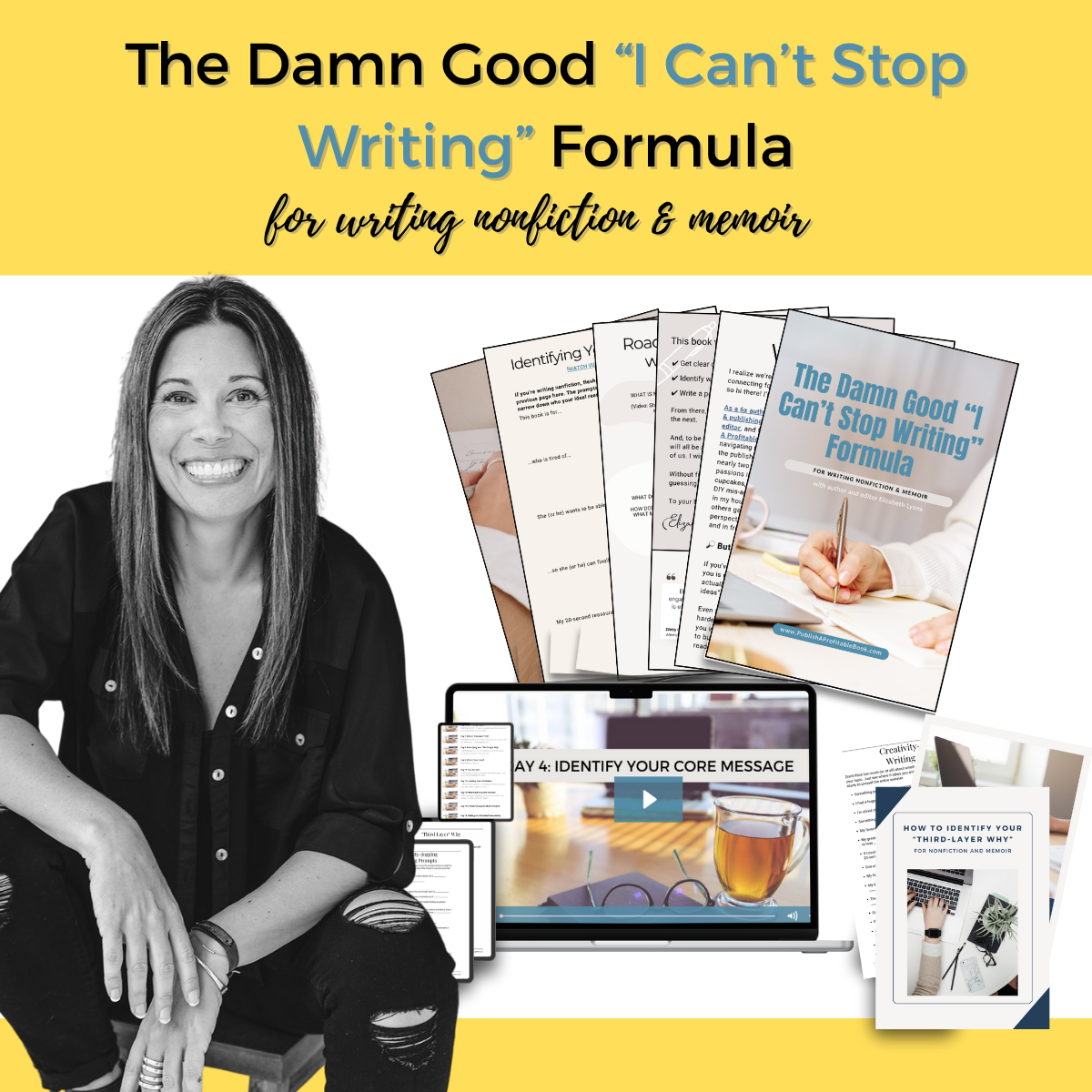Book Writing & Publishing
{The Blog}
Ep 68: Creating a Companion Journal for Your Book

Interested in creating a companion journal or workbook to complement your book?
In this episode of the Write the Damn Book Already podcast, I dive into the true cost and labor involved in creating a companion guide (don't panic; I have multiple solutions!) as well as the importance of a ready-made audience before heading down this route.
To be clear, creating a companion guide isn't a magic bullet for low book sales (nothing is besides consistent marketing), but it can be a powerful tool if incorporated properly.
To that end, I also explore the world of digital products for authors, from customizable templates to selling on platforms like Etsy or Shopify. Plus, you'll discover why printed digital products are rapidly gaining popularity as physical journals. Whether you're a seasoned author or newly published (or soon-to-be-published), this episode will guide you in both creating and marketing your companion journals and workbooks without losing your mind.
RESOURCES MENTIONED
Just Leaves ...
Ep 67: What Authors Will Need Most in 2024

Are you ready for an honest conversation about what skill authors will most require in 2024?
In this episode of the Write the Damn Book Already podcast, I tackle the sometimes harsh realities of the creative industry while stressing the importance of patience and persistence.
No author's success is an overnight miracle. Instead, it’s akin to the restaurant business, demanding hard work and time. Together, let's redraw your mental map of the author journey, equipping you with a realistic and resilient mindset to conquer 2024 as a published author.
Click here to get instant access to the FREE Self-Publishing Starter Pack >>
In this resource, you'll discover the exact steps to focus on (and mistakes to avoid) so you can self-publish an incredible book that's indistinguishable in quality from a New York Times bestseller.
Thanks so much for listening! If you enjoyed this episode, don't forget to subscribe and leave a review!
To see all the ways we can work together to get your book wri...
28 Essential Questions to Ask Beta Readers

To clarify, a beta reader is someone who provides feedback on a WIP (work in progress), helping an author refine and improve the story or flow of the message.
Beta readers can be invaluable in helping authors to identify holes, typos, and other issues that can be difficult to spot from the author’s own perspective. They can also provide valuable insight into how readers may react to the content, allowing authors to make changes before publishing.
When looking for beta readers, it is important to find people who are willing to provide honest feedback, and who are, ideally, the target reader for your book. After all, if your book is about how to feel less anxious day-to-day but you ask someone who has never felt a tinge of anxiety to be a beta reader, she likely won't be terribly interested in the content or able to provide the most valuable feedback.
I typically recommend having no more than 4 beta readers. Too many cooks in the kitchen can create quite a bit in a hurry as an autho...
7 Critical Questions to Ask Hybrid Publishers

*This is an excerpt from Elizabeth's latest book, Write the Damn Book Already: Tell Your Story, Share Your Message, Make Your Impact. Content may not be duplicated or redistributed without written permission from the author.
Hybrid publishing is a model whereby an author pays a publishing house to do the publishing legwork--including editing, cover design, interior formatting, and distribution channel setup--while retaining final say over the edits, title, cover design, interior layout, and retail price.
The cost to work with a hybrid publishing house is likely to fall somewhere between $1,500 and $50,000. I consider my publishing house, Finn-Phyllis Press, to be a hybrid publisher. Several of the bigger, more well-known traditional publishing houses offer a hybrid model: Hay House has Balboa Press, and Simon & Schuster has Archway Publishing.
Some publishing houses take no profit off sales, while others take 15 percent (or more). Some houses pay author royalties every month; o...
How to Write an Incredible Non-Fiction Book








